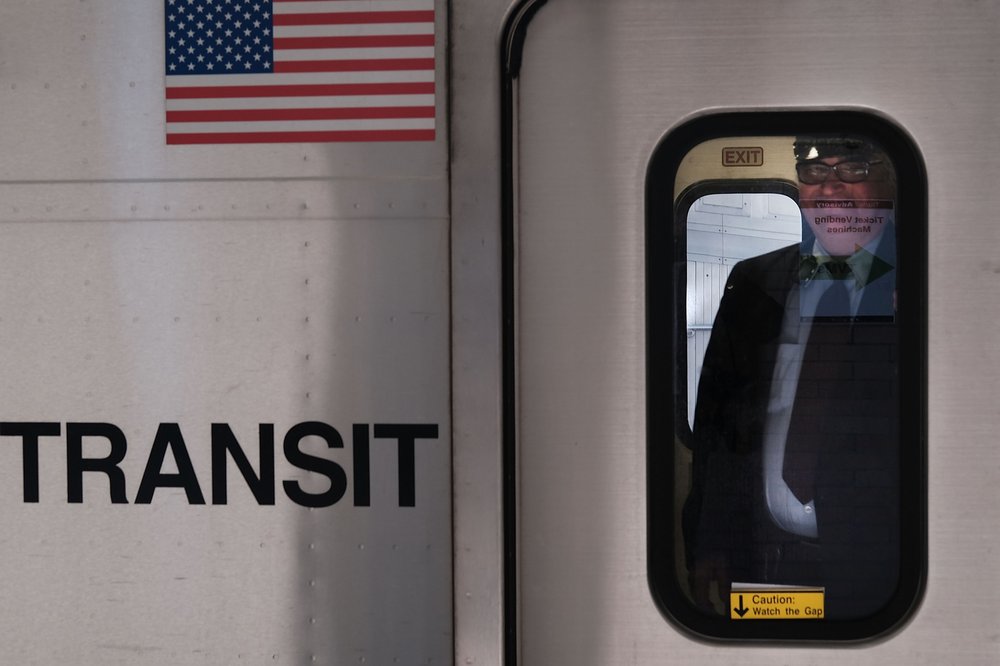NJ Transit claims union wants higher salaries as possible strike looms
May 6, 2025, 4:44 p.m.
The union representing engineers says the agency is playing games with the numbers.

With a potential NJ Transit train strike coming as early as May 16, the agency’s head gave no indication Tuesday that management and the agency’s union are any closer to a deal — claiming train engineers are now asking for even higher salaries than the ones NJ Transit has balked at agreeing to for months.
”I think that the proposal that they have put forward is neither serious nor does it show a signal that they are willing to collaborate to get to a solution,” NJ Transit President Kris Kolluri said at a press conference Tuesday. “ Maybe they know something that I don't, but I'll just say this: If they are playing a game of chicken with the lives of 350,000 riders, I think they are in for a rude surprise.”
Kolluri said at the press conference that the average NJ Transit locomotive engineer makes $135,000 per year, and that the agency had offered an increase that would take the average to $172,000 per year — but that the union has instead been asking for $190,000. But he said in the most recent discussions, the union had upped its demand to $220,000.
Yet the Brotherhood of Locomotive Engineers union disputes those figures. It’s previously said Kolluri is relying on years-old salary estimates to describe current wages, from when engineers logged extra hours during the pandemic. Tuesday, union General Chair Tom Haas said in a statement the median salary for an NJ Transit engineer in 2024 was $105,000 (a median is the middle value in a list of figures, but not the same as an average). He said the union’s most recent offer was “only 2% higher than what New Jersey Transit had demanded we accept” and would take the median wage to $171,000 by 2029.
Haas didn’t provide an average wage when asked by Gothamist, but said it is “tens of thousands less than what NJT claims” and would appear skewed because of a small number of high earners.
At the press conference, Kolluri said meeting the union’s demands for wages would translate to a 37% increase in the corporate tax surcharge used to help pay for NJ Transit, or a 34% increase in fare prices. Yet the union says Kolluri is also radically overstating the cost to NJ Transit’s budget.
Haas accused NJ Transit of trying to strongarm a deal without true negotiations.
“Although the BLET [Brotherhood of Locomotive Engineers] came to the table yesterday with a proposal that reflected significant movement towards NJT, they instead chose to walk away when we sought to negotiate instead of simply accepting their demands,” Haas said.
Union officials say their engineers haven’t gotten a pay increase since 2019.
“We will remain available and ready to negotiate with NJT, provided they are willing to negotiate and not simply make demands they are unwilling to discuss,” Haas said in the statement. “In addition, we are left with no choice but to plan for a lockout or NJT imposing the terms of their last offer upon us on May 16.”
Kolluri has previously said NJ Transit will increase bus service during a strike, and directed riders to alternative services such as PATH and Amtrak trains — but said they can’t realistically absorb the full ridership of NJ Transit’s trains. He’s suggested people who can work from home should do so, if a strike happens.
It would be the first for NJ Transit since 1983.
NJ Transit says riders should work from home if engineers go on strike